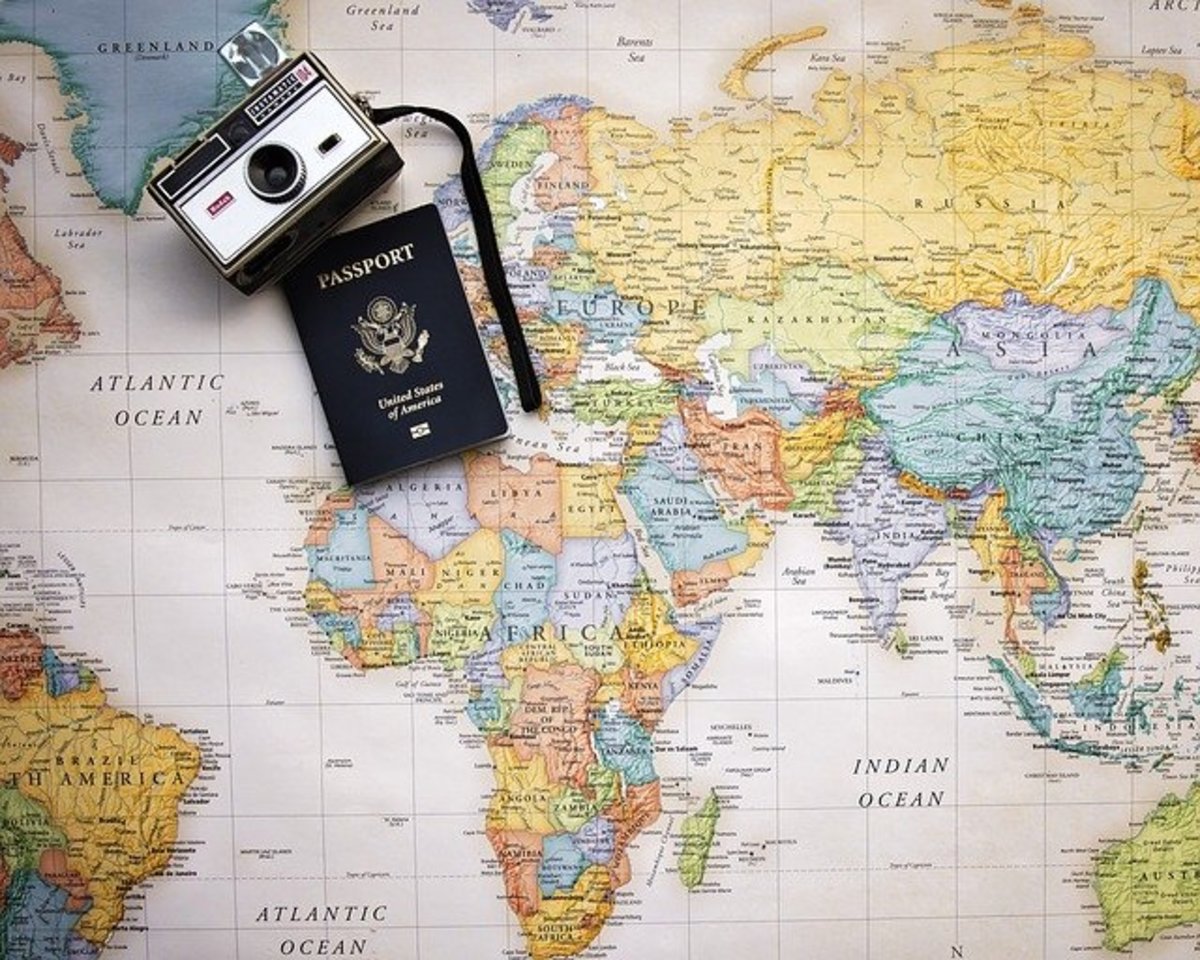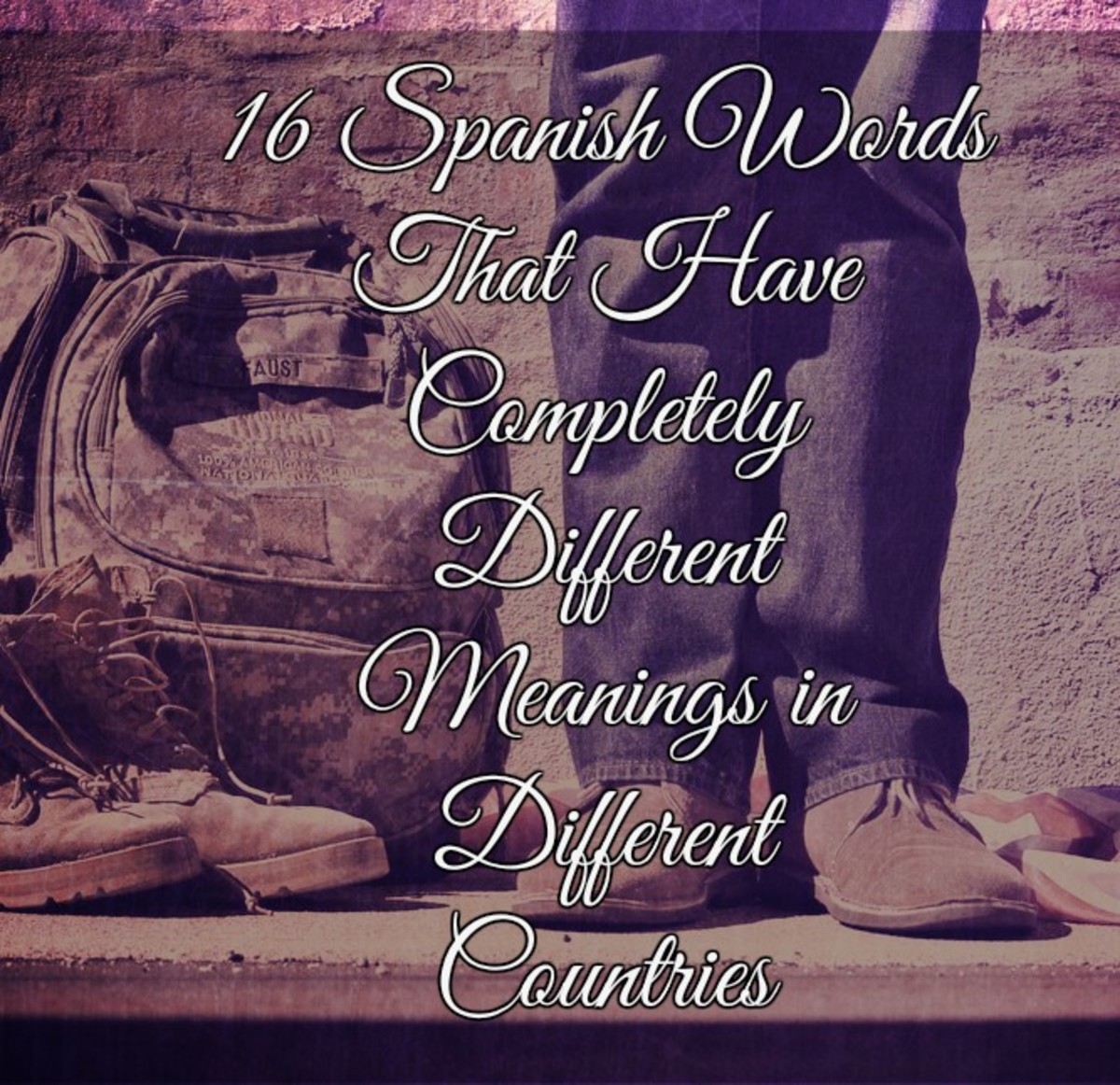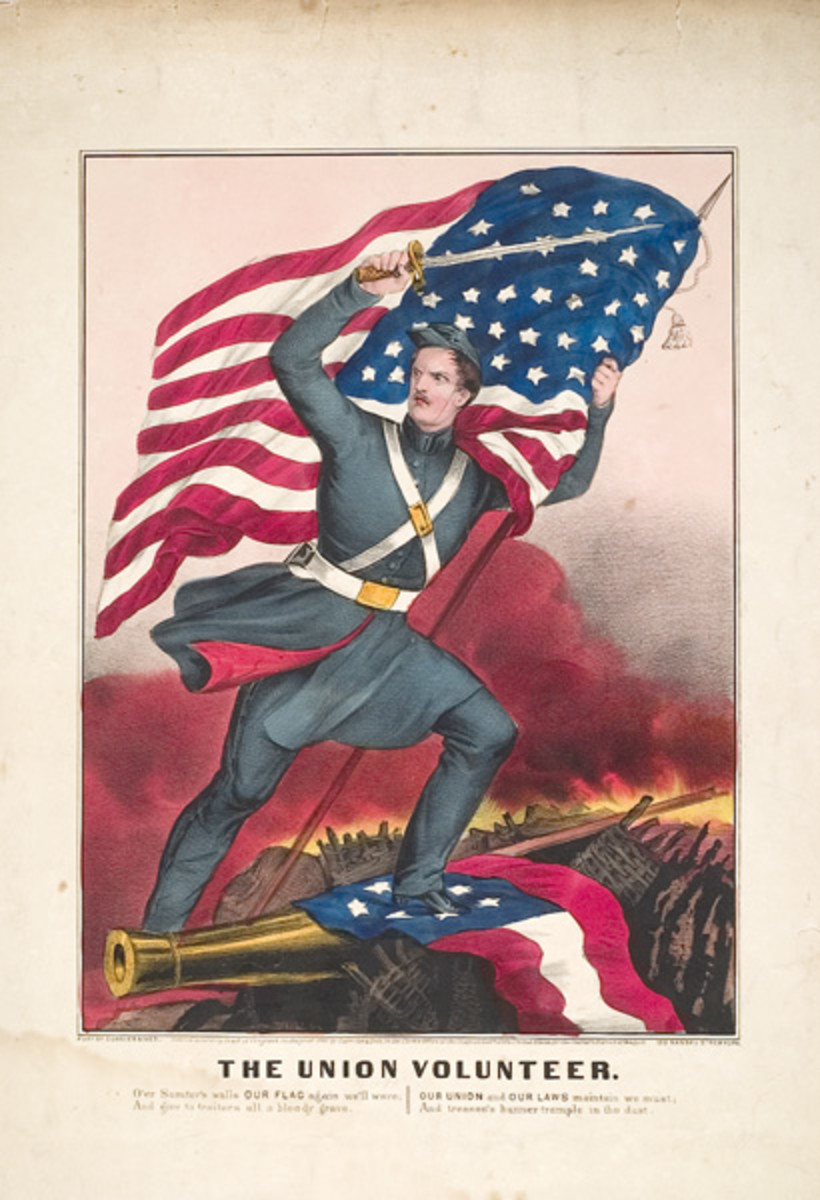The Peace Corps Application And Training. How To Join The Peace Corps.
Joining The Peace Corps
The Peace Corps is two years of the most intense experience you will every have, short of military service in combat. How do you join the Peace Corps and what can you expect once you get in? Here are my experiences.
It starts off easily enough. You are probably a senior in college, contemplating your next step, and wondering what life has to offer. Maybe, like me, you wanted to do something different from your friends, have a few adventures out in the world before settling down to a normal job.
I had spent a few months in Europe the year before, hitchhiking and traveling around to a dozen countries with a buddy, and I thought I liked the international life pretty well. Plus, the economy sucked, and good jobs were hard to find. And I wanted to do some good in the world. That really is no small thing, for most Volunteers.
So, hanging around the college, or in the career office you spot a poster for the Peace Corps. You pick up the application and fill it out. That is a bit of a daunting task in itself. The application is more like a small book, with endless, very specific and very personal questions they demand answers to before you even get started.
That isn't strange though. This isn't like applying for almost any other job. They intend to drop you headfirst and all alone into an alien culture, usually in a deeply poor country, with all the political and economic troubles that implies. The number one thing the Peace Corps is looking for, as far as I can tell, is people who are not going to go stark crazy. They can train you to do whatever it is they want you to do, from beekeeping to vaccinating mules to breeding fish. So they don't care so much what you know, but rather what kind of person you are.
They want to know first if you have the stability to tough out conditions you may have seen on TV but cannot really imagine. Like, people surrounding you, pointing at you and chanting racial epithets. Mothers running away from you and hiding their babies, afraid either of the evil eye, or that you will kidnap their children for rendering down into soap. Plus of course the dirt, boring and insufficient food (they give you a bottle of vitamin pills) lack of drinkable water (iodine tablets), showers (the creek), electricity and other such conveniences.
In the applications they are looking for signs of mental stability and maturity first. After that they want physical health, and only after that are they concerned with what you know. They like to have volunteers with useful degrees and skills, but you might be surprised by what they consider useful. At the essence, they want all their Volunteers to get home alive and sane, after two years. Not everyone does.
That all sounds rather bleak, and if you look only at the negatives, it is. But the Peace Corps was also two of the very best years of my life. I have more crystalline memories from those two years than from any other period in my life. Good things. Good people.
Lots of bad, too. Things a more adult and mature me would not have done or said, things that happened to other people that I wish hadn't. It was an intense two years.
So, you get the application filled out and get through the telephone interview, and actually get called up for training.You get medical forms to have your doctor fill out. Oh wonderful, my very first procto exam. And your dentist. All wisdom teeth have to be extracted prior to joining. My dentist refused to pull mine, said they were fine and he wasn't going to pull good teeth. He had to fill out a release form, and I was the only volunteer in the country to still have all 32 teeth.
The mind games, begun in the application, continue. We all got plane tickets to Miami, and were put up for a week in Little Havana. The whole week was one, long psychological test. They try to turn you around and inside out, to see if you can stick it out, and to pick out the loonies. It was annoying, but, it was a test we had to pass. They make it clear that anyone can get kicked out at any time. From my group, several people dropped out at this point.
During that first week, you also get vaccinated. Lots. I recall yellow fever, and rabies, but there were more. Lots more. Both arms and your butt cheeks sore all at the same time, from all of the injections. After so many you feel feverish and sick. We went out drinking in Little Havana.
The next day we were on a plane for Guatemala, a piss-poor country in Central America, just south of Mexico. None of us, when we filled out our applications, had chosen Guatemala as our preferred destination. On the application there is a box you fill out, three lines where you can write in which countries you prefer to serve in. I have never met a Volunteer who actually got sent to any of the countries they chose on the application. So why offer the choice? Just another mind game.
We stayed the first night in a nunnery, and then went straight on to the training facility where we were introduced to our new families. Each new Volunteer is placed with a local family, chosen for the inability of any family member to speak English. The Peace Corps is really into full immersion language learning!
There followed fourteen weeks of combined language and technical training. 14 weeks, by the way, is the same time it takes the Marine Corps to get a new recruit through basic. Every day, six days a week we had Spanish classes and also classes in our assigned fields. My group, two young women and myself, were to be Livestock Health Promoters.
What that boiled down to was learning how to vaccinate every possible domesticated beast for all of the many epidemic diseases constantly running loose. We learned to identify Hog Cholera and Fowl Pox, Anthrax and a host of others. Since there were no treatments for most of these diseases, we learned to identify them in dying animals so we would know what to vaccinate the survivors for. Our goal was to get enough animals vaccinated that the next epidemic didn't get started. If we succeeded, the kids got food to eat. Simple as that.
A lot of the training is social, how to act so as not to get into trouble, what conversations to back out of, things like that. The serious no-no was politics. Guatemala had a real, live, communist guerrilla war back in the 1970s, and when I got there a few years later, the government had just got done slaughtering enough peasants to crush the insurgents. The country was 'peaceful'. We were ever so strongly told never to get into discussions of politics. The military and government had a very low tolerance for any sort of dissent, and you never knew who you might be talking with. It was excellent advice. Of course, we went drinking and ignored it.
While I was there, one Volunteer was murdered, and the suspicion was that politics was involved. The killer was promptly caught, the government refused to prosecute him, and released him after only a day or two. He disappeared. Another Volunteer was kidnapped and held for a few days by the military. They questioned him on his activities, apparently assuming he was a leftist agitator. What he was, was loud and obnoxious. They let him go. I think they just got tired of listening to him.
He was lucky though. Lots of people in those days just disappeared. Mainly locals, but the occasional foreigner too. I received a letter from a local man in the town where I lived. He claimed it had been smuggled out of the nearby military base. It read like something written by a crazy person, page after page of disconnected ramblings. It was in English, obviously by a native speaker, and an American. He claimed to be being held captive 'in the land of the Quetzal.' The man who gave it to me begged me not to talk about it or tell anyone his name, but he wanted it delivered to American authorities. I took it to my boss in the Peace Corps, who passed it to the Embassy.
A few days later I was invited to a dinner at the home of one of our Embassy people, pretty high ranked. He explained that they had contacted the mother of the person being held, since he had managed to scrawl some contact info in the notes. She described him as being unstable and unwilling to take his meds. But the last she had heard he was in Mexico. Apparently she wasn't too concerned.
It was suggested that I keep quiet about it all. I never heard another word about it, and never again saw the man who gave me the note. Why was the military holding an American prisoner? I suspect the military had simply picked up a crazy foreigner, and held him because they didn't know what else to do with him.
At any rate, political talk was discouraged.
Training was more head games, and people got pretty sick of it. We were kept guessing, wondering if, even now, we would be eliminated and sent home. We counted down the days til it ended, wondering who was going to get cut at the end. In my group only one guy actually didn't make the cut. He was the guy who wanted to wear skirts. Fine in California where he was from. Not a great idea in a Latin culture.
Another older gentleman had hearing difficulties, and never learned more than a dozen words in Spanish. He quit at the end of training. I was sorry to see him go. He was a beekeeper, and Guatemala was just starting to get infestations of African 'Killer' bees. He would have been useful, and besides he was a like our Grandpa.
The trainers were always testing us, to see if we had the adaptability to make good volunteers, or at least not go nuts. Once we were sent out alone to interview local farmers on the problems they were having with their livestock. I was given a particular address to go to, and was told someone was expecting me. I get there, first taking a bus and then waking a mile or so out into the country. There was nothing there. The place did not exist, no one was waiting for me, no one knew I was coming.
So I talked to the people I met as I walked around, workers on a big cattle farm, and discovered that the main problem they had was...vampire bats. The bats land on the animals' rumps and bite the skin until it bleeds, then lap up the flowing blood. Since they tend to go back every night to the same victim, over time the animal gets weaker and can get sick. It was a real problem. They asked my opinion.
Um. Yeah. Vampire bats are a real problem on the Illinois farms I had worked on. I suggested garlic paste smeared on the skin. Why not? It might work. They told me they already did that, and it sort of worked, but not great. (A year later I bought a horse, and she started getting vampire bites on her ears. Nothing worked to keep them off. I slept with the blankets tucked tightly around my feet and my head covered, after that, since bats flew in and out of the house at will.)
I passed that test, simply by not giving up, and I guess enough of the other tests, that they let me in. We were sworn in at a nice little ceremony, and then we all went drinking. I was given the name of a small town to report to, and a suggestion as to how to get there. I piled all my belongings, including a black kitten my host family gave me, into an ancient yellow school bus. A few hours later I got off the bus in Quesada, Jutiapa, Guatemala.








